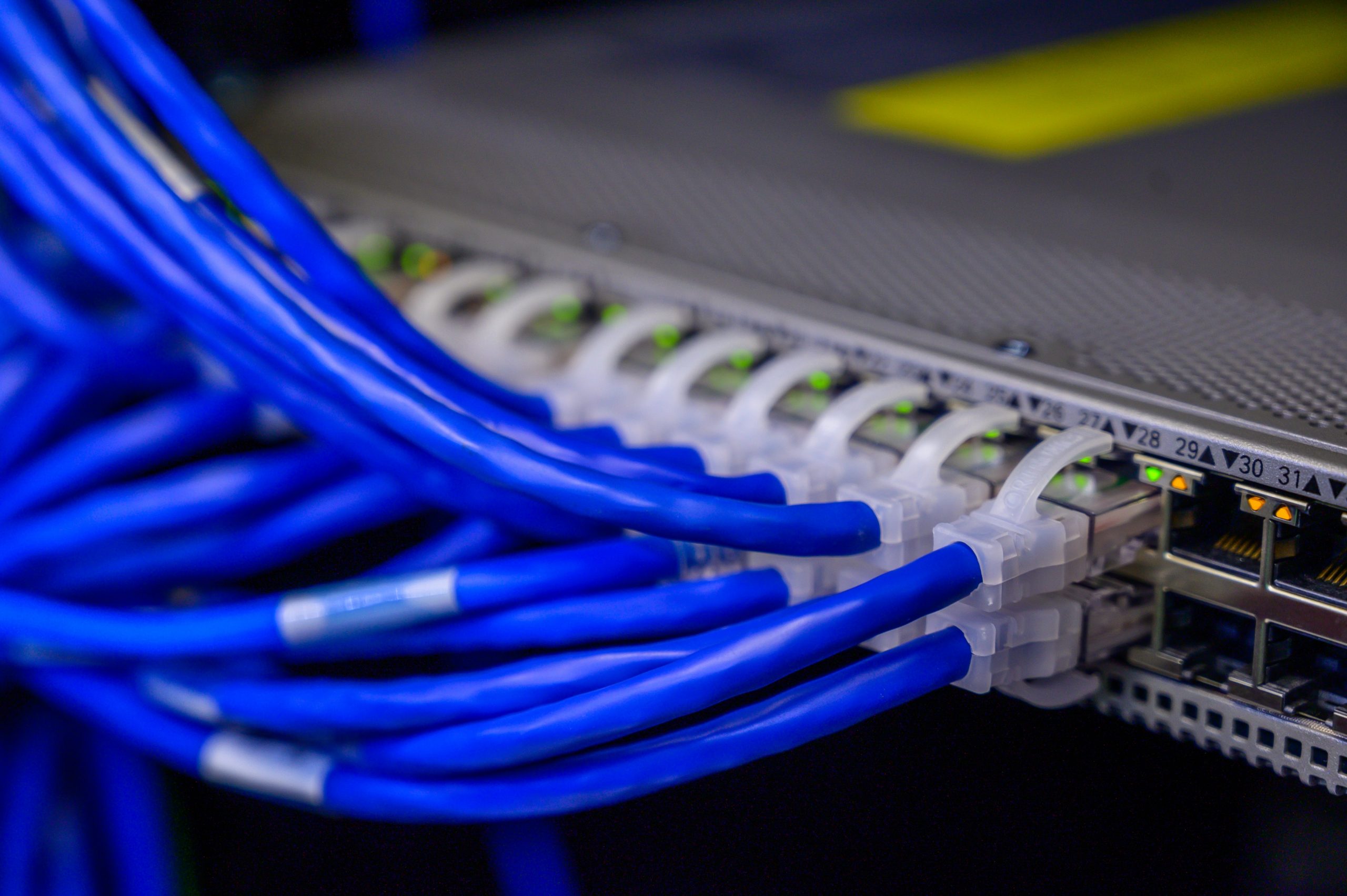How To Choose The Best Server For A Small Business in 2022 – Tips and Advice from an Expert
In 2021, global server market revenues reached over 93 billion U.S. Whether you’re a sole proprietor or an entire business, having a reliable and affordable server supply is essential to maintaining your business’s operations. That’s why choosing the right server for your business can be so difficult. After all, not every small business has the same needs. Fortunately, there are plenty of ways to make sure your server choice is perfect for your business—even if you’re too busy to worry about servers for a couple of months out of the year. Here are some helpful tips from an expert on how to choose the best server for your small business in 2022:
Don’t make the same mistake twice
It’s easy to get too excited about the new shiny thing you bought and forget about setting it up. That’s why it’s critical to do your research and make sure the server you pick is right for your business. A server that’s too expensive or underpowered may end up being more of a maintenance burden than actual help. Make sure you understand the pros and cons of every server before making a final decision.
Find a balance between performance and cost
It’s important to remember that no two businesses will run on the same hardware. That’s why it’s crucial to find a balance between performance and cost. It may sound cliché, but a balance between cheap and expensive is the lifeblood of any small business. The less expensive the server, the less it’ll cost to run. On the other hand, high-end servers are expensive and can eat into your funding if not used correctly. There’s no one-size-fits-all solution when it comes to choosing the right server for your business.
Try to stay away from the big two
It’s easy to think that because you’re a small business, you won’t need a large server. That’s not the case. A large server will perform better, but it will also require more power and space. Make sure you’re willing to sacrifice some performance for greater capacity. Additionally, larger companies have the ability to hire more staff and provide better support. That said, if you’re willing to make a sacrifice in terms of performance for greater capacity, the larger server brands often deliver.
Don’t forget about web hosts and e-discovery
Every small business is faced with the challenge of managing its website and online presence. This can be especially challenging if you have staff members who aren’t tech-savvy. The solution? Find a web host that specializes in hosting small businesses. A web host that specializes in hosting businesses can provide reliable, high-quality hosting at a price that won’t break the bank. Choosing the right host can be difficult, but it’s especially important if your small business relies on word of mouth for marketing. After all, if people aren’t able to consistently find your website, you may end up losing customers because of it.
Know your average uptime
One of the most important things you can do is to know your average uptime. This is the lifeblood of any small business. If your server isn’t working 90% of the time, you may have a lot of work ahead of you. The longer you have a problem, the harder it will be for a new server to overcome. It’s also important to note that your server’s average uptime is likely shorter when you have less maintenance. It’s possible that when your server isn’t working, you haven’t made enough effort to keep it that way. Remember, your server’s average uptime is not the full story. Your server’s downtime may be higher or shorter than the average.
Learn how to find a hosting company that fits your budget
Finding the right hosting company for your budget can be difficult. After all, not every small business has the same needs. Fortunately, you can use a few simple techniques to help you find the right host for your money. First, find a hosting company that offers a free trial. This is a great way to get a feel for the hosting company’s performance and reliability. If you’re unhappy with the host after the free trial, you can always cancel and keep your money. Second, check the pricing plans of host companies against each other. This is a good way to understand how much storage, bandwidth, and other resources each company is offering you for your money. It’s also a good idea to speak with other small business owners about your hosting experience and see what other people think about their experiences with different hosts. (It should be noted that not all hosting companies are created equal. There are plenty of bad apples that can turn your positive experience into a negative.)
Bottom line
Choosing the right server for your small business in 2022 shouldn’t be hard—especially when you use these tips. After all, your server choice is one of the most important decisions you’ll make for your business. A good server can save you hours and even days of headaches each year. The right server for your business can make the difference between a smooth and successful year and one that’s full of struggle and frustration.







